Twenty-three years after the debut of four single women in their 30s galavanting through New York City on a never-ending quest to conquer the bedroom, boardroom and budget for brunch, I can’t help but wonder…what impact did the show really have?
Was Sex and the City a disruptor, giving voice, agency, and alternatives to the status quo that for too many generations maimed women while dating, asking for a raise, and asking for respect?
 Was it just a pun-filled, high fashion, campy love letter to love…or a mirror reflecting concave and convex distortions, dreams and desires of women and the boys they wish would become men?
Was it just a pun-filled, high fashion, campy love letter to love…or a mirror reflecting concave and convex distortions, dreams and desires of women and the boys they wish would become men?
Here’s the conclusion I’ve come to. Sex and the City put the ticking-clock damsels in distress troupe in time out and the world and how we navigate it has drastically changed — for the better and, arguably in some respects, for the worse.
Let’s start with what has “changed.”
During Sex and the City’s six seasons, we saw sovereign women, free from the tyranny of tech. You didn’t see scenes of them searching for or charging their phones. Instead, they led charged conversations, challenging each other to new heights of achieving their definition of true love.
 Back when the series premiered, the internet was slow and cell phones were cost prohibitive (10 cents a text, 500 minutes per month and free nights and weekends). So “The City” was a vast terrain that you knew. Carrie would stick up her hand, hail, then hop in a cab and quip “Take me to 73rd and 2nd.” Without hesitation the cab would weave his own way there, sans maps algorithmically calculating the fastest route.
Back when the series premiered, the internet was slow and cell phones were cost prohibitive (10 cents a text, 500 minutes per month and free nights and weekends). So “The City” was a vast terrain that you knew. Carrie would stick up her hand, hail, then hop in a cab and quip “Take me to 73rd and 2nd.” Without hesitation the cab would weave his own way there, sans maps algorithmically calculating the fastest route.
But in 2021 we have drifted away from the humans and the city before our eyes to AI and apps. We trust our phones to guide us to what to wear, who to date, and which car will get us there.
In Sex and the City, you didn’t see women swiping left on Tinder or even entertaining the matchmaking algos of eHarmony. Instead, they walked the streets, swept away by serendipities and synchronicities. Who had time for Twitter when you were living in the city that never sleeps? You might gain some followers, but you might miss the next misadventure.
 Yet decades later, I wonder … can being tethered to tech help us become tethered to a partner(s) we truly love? As I typed that question, I heard Carrie’s voice and saw the omnipresent cursor blink… and those were some of the most powerful scenes in the show. When Carries says “I wonder…”
Yet decades later, I wonder … can being tethered to tech help us become tethered to a partner(s) we truly love? As I typed that question, I heard Carrie’s voice and saw the omnipresent cursor blink… and those were some of the most powerful scenes in the show. When Carries says “I wonder…”
Today, I also wonder at how women across the generations feel more empowered to question everything from the institution of marriage to the shaming of their vibrators.
We watched as the characters in the show resisted the pressure to marry the men they were with just because of their age, instead navigating dramatic breakups ranging from broken china to breaking up because of his (lack of) taste in china.
 There were other more symbolic breakups in the show. The characters broke up with what were once perceived to be non-negotiables, like the narrowly prescribed definition of masculinity that was defied by one of Carrie’s younger gentleman callers, Sean, who had a penchant for ice skating and a smorgasbord of exes that included blondes, brunettes and one beard.
There were other more symbolic breakups in the show. The characters broke up with what were once perceived to be non-negotiables, like the narrowly prescribed definition of masculinity that was defied by one of Carrie’s younger gentleman callers, Sean, who had a penchant for ice skating and a smorgasbord of exes that included blondes, brunettes and one beard.
Samantha, Carrie, Miranda and Charlotte – and we — broke up with the flip phone and Tekserve, shrine of tech-savvy gurus and Apple diehards yearning to retrieve data from hard drives (before Apple had a store or iPhone). Are we grieving for our last tech and forgotten data, or too consumed with the potential of the next device or partner to notice?
 I consider Sex and the City to be a time capsule. Some issues were accepted, others questioned, and still others ignored (hoping they would dissipate on their own). In short, we witnessed these women “adulting” before the term existed.
I consider Sex and the City to be a time capsule. Some issues were accepted, others questioned, and still others ignored (hoping they would dissipate on their own). In short, we witnessed these women “adulting” before the term existed.
When Charlotte, Carrie, Miranda, and Samantha bothered to make their bed, was it because they remembered their nagging mother’s voice shaming them into doing so, or to erase the memory of — or prepare for — a man?
For too many generations the word men became shorthand for a toolbox filled with various screws and bits that left us broken. Did it matter if it’s a 3/4 in or a 1/8 in? All we knew is we were mentally and or physically screwed.
But now, due in part to Sex and the City, we have words for types of men and the pathological behaviors they exhibit. Take, for example, “the exhibitionist,” Carrie’s friend’s husband Peter, who brandished his small p “peter” before her as she stumbled through their Hamptons house in search of coffee — showcasing it as we would our orchid in a south facing bay window.
There were other men who were predatory, dishonest, possessive, paranoid, selfish, and a whole litany of other negative or disturbing behaviors. There were the men who “ghosted” them before that was a word – or before there were studies concluding that ghosting is psychopathic.
Yet despite the parade of terrible dates and some tortured – if often humorous – relationship trials and tribulations, these women persevered with dogged determination only rivaling NASA voyages to outer space.
As Samantha, Carrie, Charlotte and Miranda refueled their Love Boats, keeping them buoyant with the optimism they modeled for each other, waves of emotions and questions from friends or their subconscious would crash into their hulls and steer them off course.
Are we single, alone or lonely?
Are we hopeless or helpless?
Are we bisexual, fluid or simply fed up?
Are we too picky or too hurt to invite love out on a date?
Table for two, three, or anal?
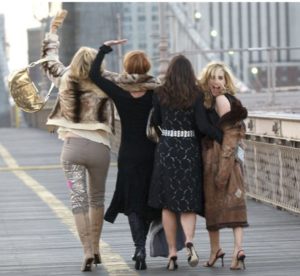 As those who identify as women continue to search for meaning and fail to find answers for those perennial single-and-dating questions — Why did he ghost? Why is he “not that into you”? Why does he like all your pics on Instagram but won’t take you out? — let’s take stock of what questions the show did help us answer.
As those who identify as women continue to search for meaning and fail to find answers for those perennial single-and-dating questions — Why did he ghost? Why is he “not that into you”? Why does he like all your pics on Instagram but won’t take you out? — let’s take stock of what questions the show did help us answer.
What I took away from the show is this:
“The one” can be many, “love” can live separate lives, but your relationship with yourself should be divine.
These women navigated misogyny, patriarchy and even motherhood in stilettos paired with a stiff martini and the occasional inconsolable sobs, only to find comfort in each other.
I saw damsels dancing with destiny, under a disco ball made of magnificent flecks of faith and luck. As they swayed their hips they surrendered to the magic of the unknown.
What can we take away from it? May you always find the light and the LOVE(s) of your life!


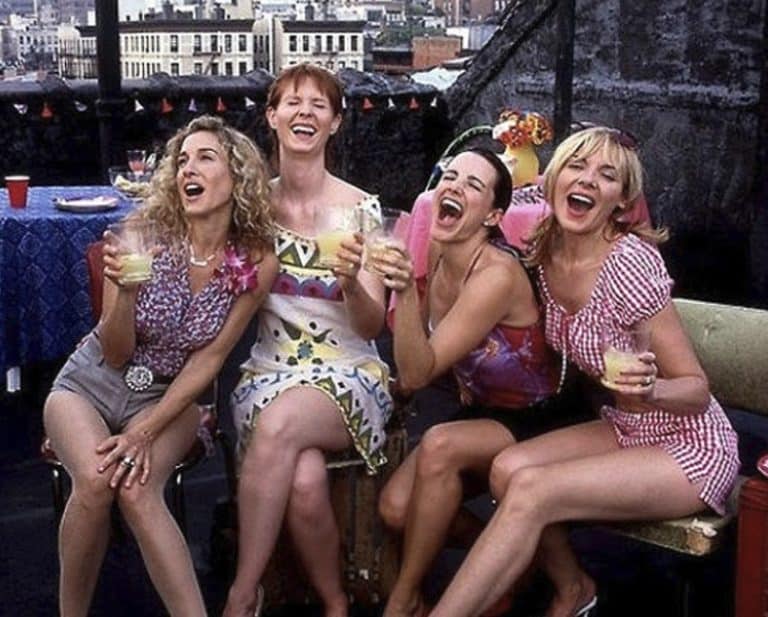
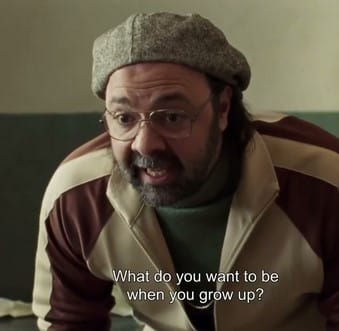

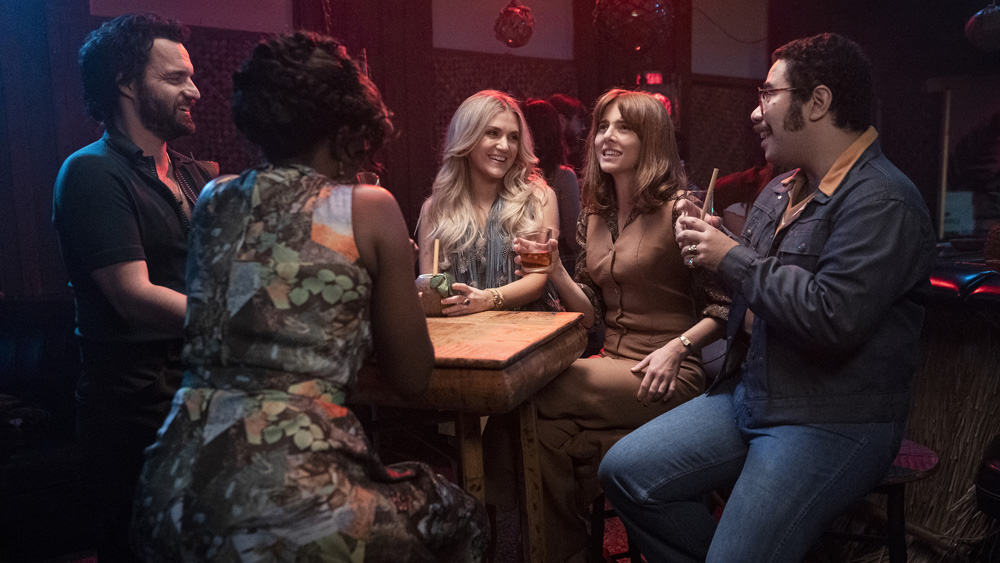
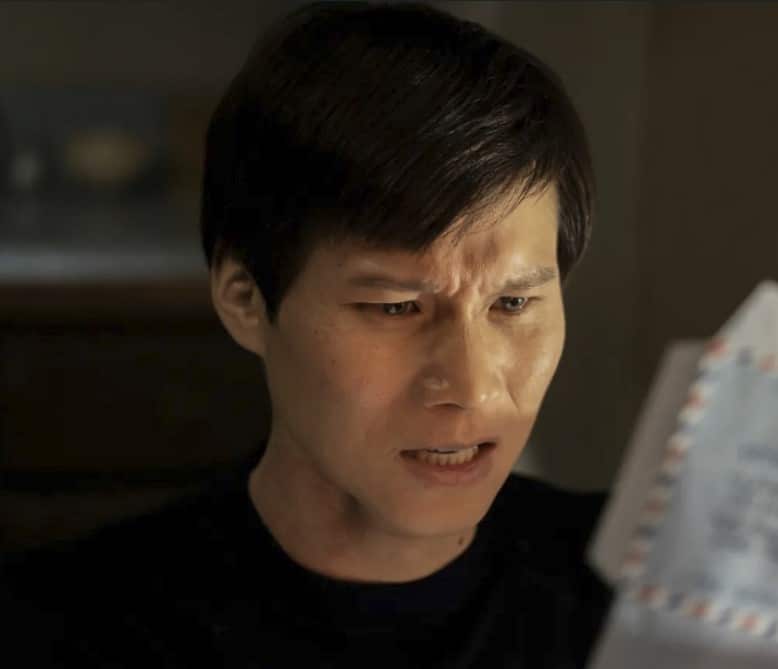
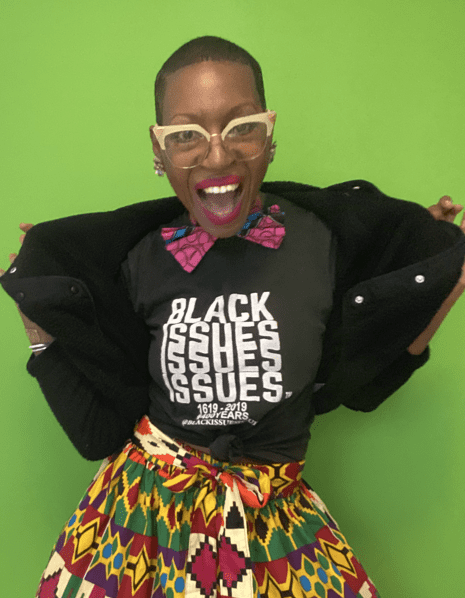

Start a watercooler conversation: